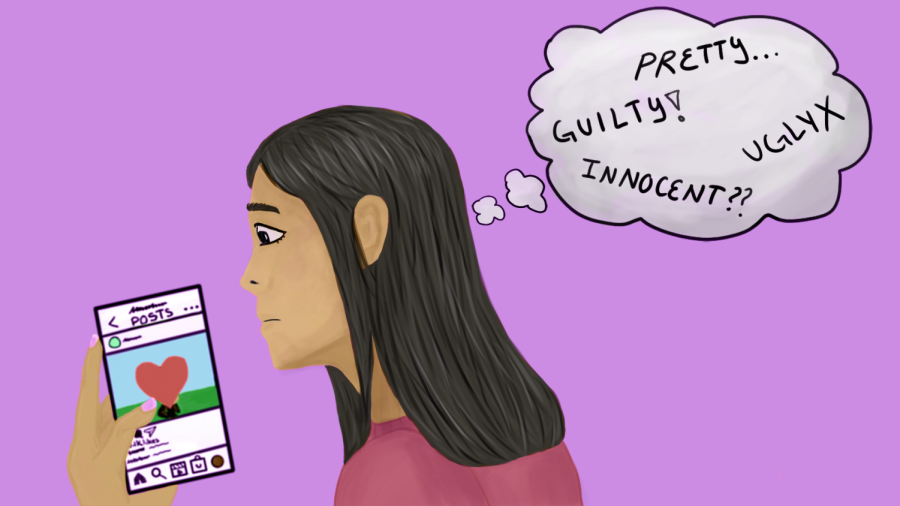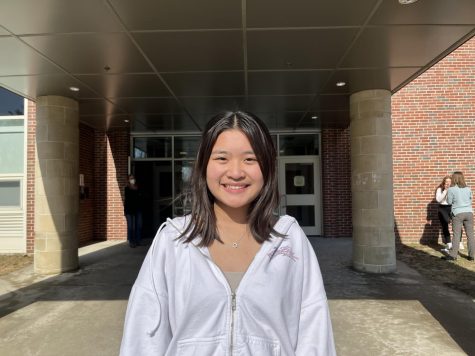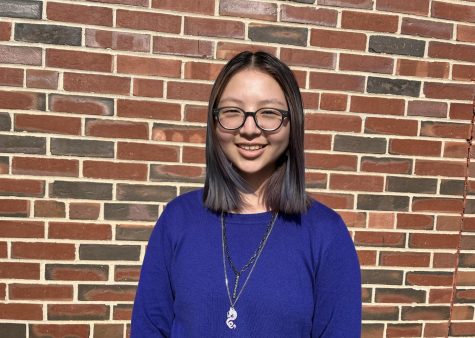Pretty privilege bias is real, harms society and individuals
Assistant Opinion Editor Arielle Chin writes that pretty privilege not only creates unrealistic standards for teens, but is also used to excuse violent and abusive behavior.
October 11, 2022
From trending hashtags to popular videos, the term “pretty privilege” has been going viral recently on many social media platforms. Pretty privilege is a belief that a person who is conventionally attractive inherits more opportunities than one who doesn’t fit the conventional definition of attractiveness. Opportunities can include better jobs, better social lives, and it can even manifest itself into biases within the legal system.
Pretty privilege has attracted a lot of negative attention, as many social media users have begun to use that term in advocating for killers such as Cameron Herrin, the Menendez brothers and even the notorious Ted Bundy. Some say that they look too innocent to commit such a crime. Others say that their sentences should be reduced because they don’t deserve such a heavy sentence.
It is sickening to see that young viewers are sympathizing with killers just because they fit a conventional standard of beauty. Time and time again, individuals’ judgments have been clouded because beauty privilege exists within our society, whether we choose to acknowledge it or not.
Many young girls are idolizing these killers because it has become a trend to do so. Platforms that support these heinous people should most definitely not exist. We shouldn’t scroll through social media and see fan pages of these killers.
It is important to base one’s conclusions on solid facts rather than their appearance because appearances can be misleading. Pretty privilege is not only an issue among supporters of these killers, but it also impacts those who do not have the same “pretty privilege” that is being promoted.
Not to mention, pretty privilege has created an unhealthy standard for teenagers in which they believe they have to look, act and dress a certain way in order to be deemed conventionally attractive. This instills the mentality that in order to be recognized by others and gain that same attention, they must confine themselves to the conventional standards of beauty that they see around them. Pretty privilege videos not only lower self-esteem among individuals, but it also creates an unnecessary and impractical comparison standard.
In order to change how we view ourselves and others to this accepted standard of beauty, we need to become more aware of how impactful our innate biases can be when it comes to such severe cases as romanticism of criminals.











